United States: According to recent study, patients having cardiac catheterization procedures to identify heart abnormalities may be able to safely forego the customary pre-operative fasting that is now required.
Redefining Pre-Procedural Protocols
According to lead researcher Dr. Brian Mitchell, “pre-procedure management should evolve along with our techniques and technology for cardiac catheterization” (a news release from the Society for Cardiovascular Angiography & Interventions, SCAI). He works as a fellow in interventional cardiology at Richmond’s Virginia Commonwealth University.
At the SCAI annual meeting in Long Beach, California, on Thursday, Mitchell’s team presented its research findings.
Study Findings:
The experimenters estimate that over a million cardiac catheterizations are done annually in the US. A narrow catheter is placed into a heart chamber or channel during the process, either as part of a remedy intervention like angioplasty or stenting, or for individual purposes.
Although there’s infrequently any peril associated with cardiac catheterization, complications similar as bleeding, discomfort, infections, or blood clots are possible.
The Mayo Clinic states that it is customary to ask patients to fast for six hours before surgery, but Mitchell’s team stated that there isn’t enough data to support such practice.
The Richmond team monitored the results of 198 individuals who had cardiac catheterizations, either on schedule or as an emergency, for their latest research. Before their treatments, some were instructed not to eat anything after midnight, while others were permitted to eat as they pleased.
Safety Assurance:
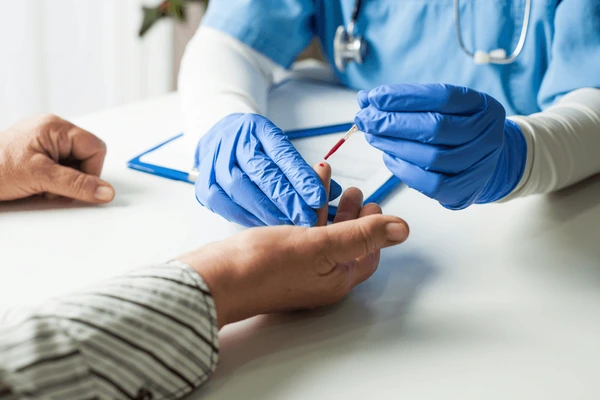
According to the study, “non-fasting patients showed significantly better composite pre-procedural well-being scores” than patients who had been instructed to abstain from meals when asked to respond to “well-being” questions like hunger, exhaustion, worry, and nausea.
According to the research, when asked how they felt afterwards, those who hadn’t fasted expressed “significantly higher” pleasure than those who had.
Most significantly, Mitchell’s team reported that “adverse events did not differ between groups,” suggesting that the option to forgo fasting before cardiac catheterization is safe.
Call for Practice Reform
“To date, this study is the most comprehensive and generalizable on this topic, as few studies have prospectively explored this strategy in such a diverse patient population and with such liberal non-fasting allowances,” Mitchell said. “In light of our findings, we hope that healthcare professionals will restrict pre-procedural fasting to patients who are most at risk of aspirating food into their lungs or needing to switch to general anesthesia.”
These results should be regarded as preliminary until they are published in a peer-reviewed publication because they were presented at a medical convention.
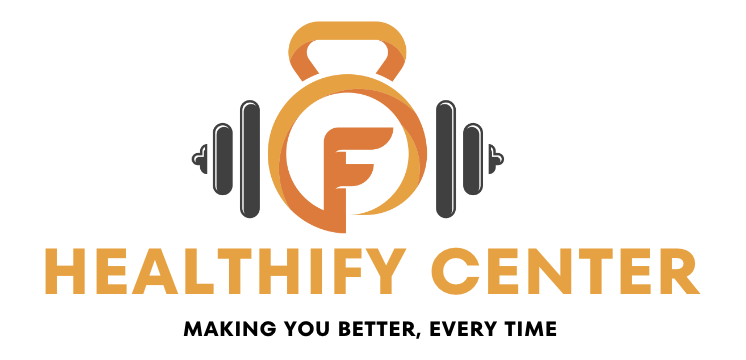

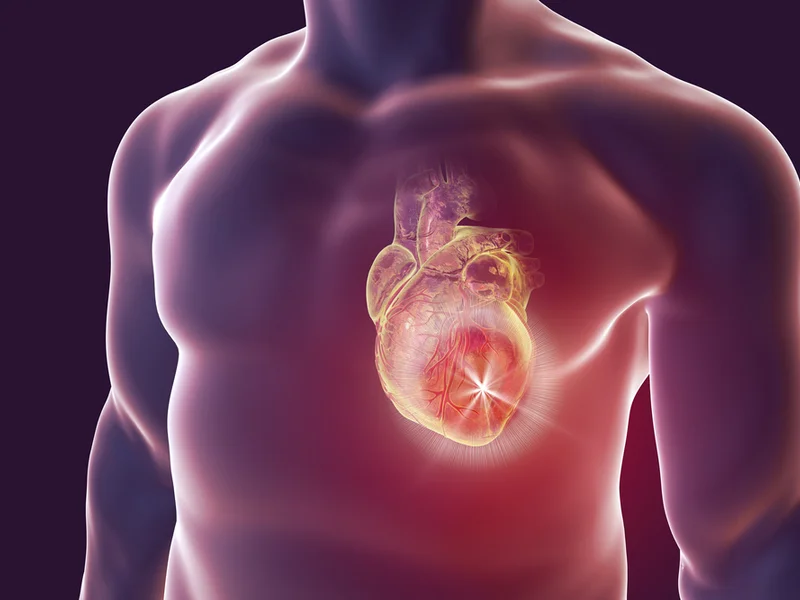
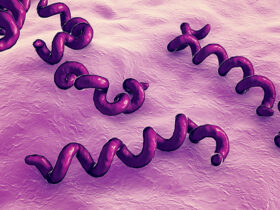


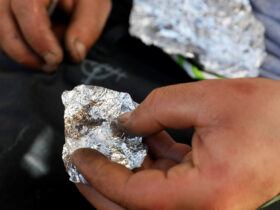







Leave a Reply